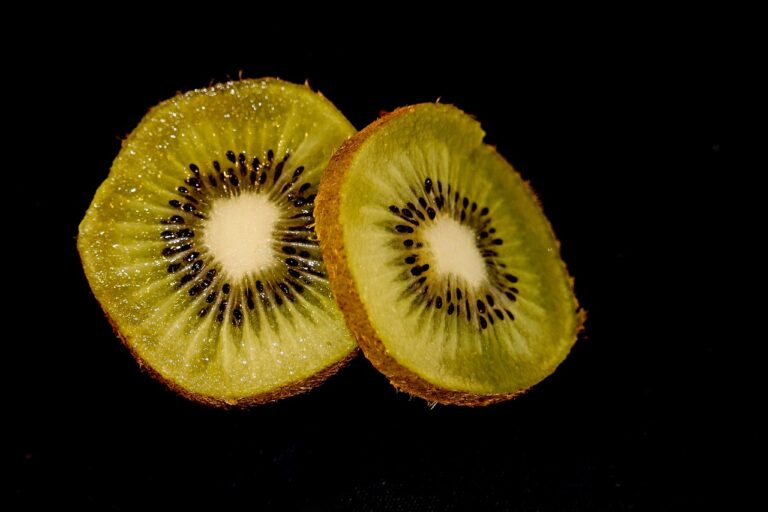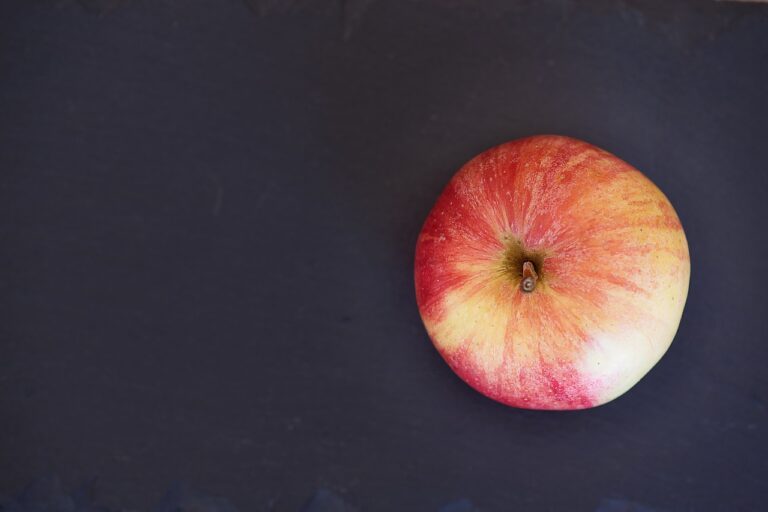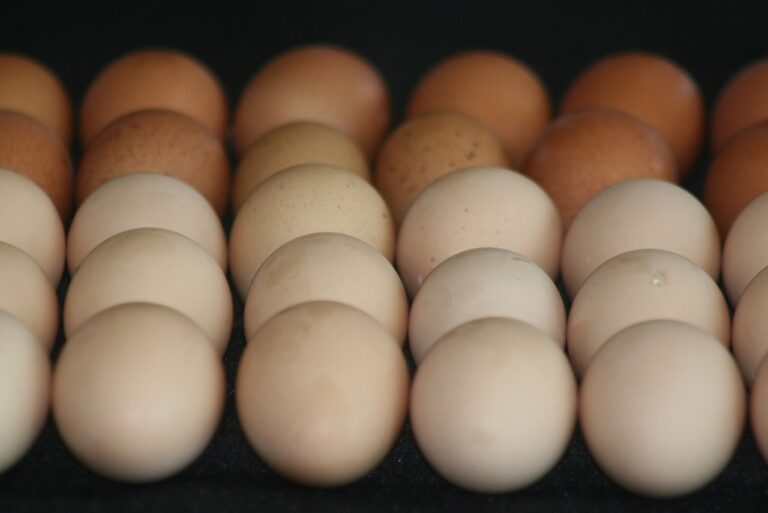Biotech Solutions for Water Purification and Conservation: Tigerexch, Golden77.com, Sky 99 exch
tigerexch, golden77.com, sky 99 exch: We are living in a time where water scarcity is becoming a pressing issue around the world. As populations grow and industrialization increases, the demand for fresh water is skyrocketing. Fortunately, biotechnology is offering some innovative solutions for water purification and conservation that could help alleviate this crisis.
Using biotechnology for water purification involves harnessing the power of living organisms, such as bacteria and algae, to treat and clean contaminated water. These organisms can break down harmful pollutants, neutralize toxins, and remove impurities, resulting in cleaner and safer water for consumption.
One of the most promising biotech solutions for water purification is the use of genetically modified microorganisms. These microorganisms can be engineered to target specific contaminants in water and degrade them more effectively than conventional treatment methods. This approach not only improves the efficiency of water treatment processes but also reduces the use of harsh chemicals that can harm the environment.
Another innovative biotech solution for water conservation is the development of water-saving crop varieties. By genetically modifying crops to be more drought-resistant or to require less water for growth, farmers can reduce their water usage and conserve this precious resource for other uses. This technology has the potential to revolutionize agriculture and mitigate the impact of water scarcity on food production.
Biotechnology is also being used to develop advanced filtration systems that can remove a wide range of contaminants from water. These systems use biological processes, such as microbial filtration and biofilm formation, to purify water more effectively and efficiently than traditional filtration methods. By combining biotech with nanotechnology, researchers are creating cutting-edge filtration systems that can provide clean drinking water even in the most challenging conditions.
In addition to purification, biotechnology is playing a crucial role in water conservation efforts. For example, bioremediation technologies use microorganisms to clean up polluted water bodies, restoring them to their natural state. By harnessing the power of nature, these technologies offer a sustainable and eco-friendly approach to water management.
As we look towards the future, biotechnology will continue to play a vital role in addressing the challenges of water purification and conservation. By leveraging the power of living organisms and genetic engineering, we can develop innovative solutions that not only improve water quality but also ensure its sustainable use for future generations.
—
FAQs
Q: Are biotech solutions for water purification safe for human consumption?
A: Yes, biotech solutions for water purification undergo rigorous testing to ensure their safety for human consumption. These technologies are designed to remove contaminants and toxins from water without introducing harmful substances.
Q: How cost-effective are biotech solutions for water conservation?
A: While some biotech solutions for water conservation may require initial investments, they can lead to long-term cost savings by reducing water usage and improving the efficiency of water treatment processes.
Q: Can biotechnology help address water scarcity in developing countries?
A: Yes, biotechnology offers scalable and sustainable solutions for water purification and conservation that can be implemented in developing countries to improve access to clean water and mitigate the impact of water scarcity.







